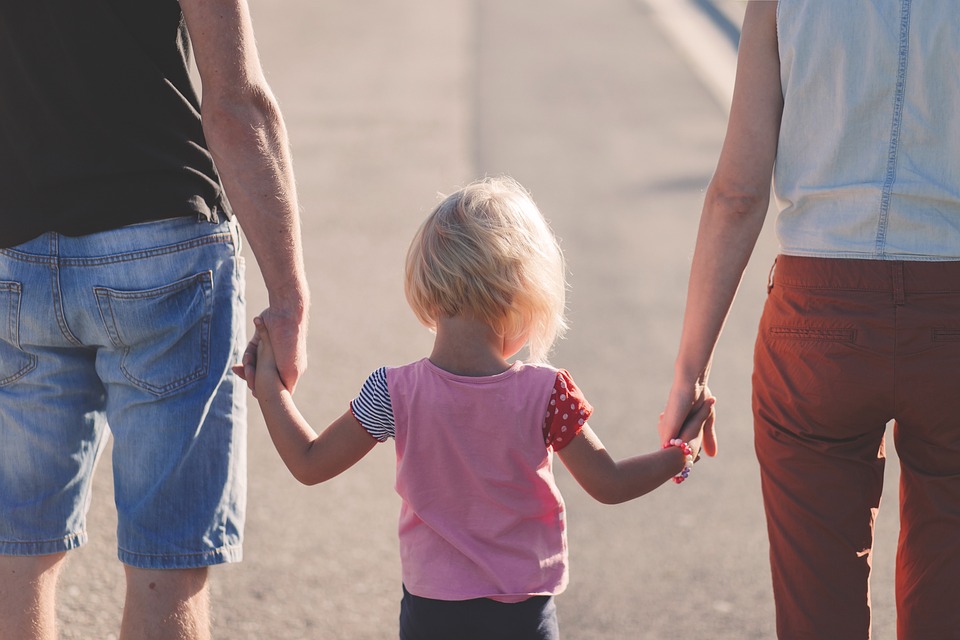This guest post is by Maxine Chalker, founder of Adoptions From The Heart and an adoptee.
Thousands of adoptive parents who opt for traditional, or “closed,” adoptions have faced the same challenge.
Your child grows, enters school and soon begins to ask tough questions. Questions that center around their biological parents.
The real problem, of course, isn’t that you don’t want to answer these questions, but that you’re probably just as ignorant of your child’s birth parents as they are.
So instead of responding to the child’s concerns, adoptive parents can only answer with the unsatisfying refrain of “I don’t know.”
Most adopted children have a basic desire to explore their roots. We all yearn for history, a narrative that can help explain who we are and where we may be going.
The vast majority of children are better-served by being provided with concrete answers.

The alternative is to obsess over unresolved questions.
On balance, open adoption is likely a better option for most children.
Kids don’t have to wonder endlessly about their origins when they are allowed to have some level of contact with their biological parents.
Birth parents can express love for their child and children are allowed to experience that love as a true fact, rather than an abstract concept emphasized by their adoptive parents.
And since many open adoptions allow for fluid contact arrangements, relationships can develop safely over time.
No one is forced to cross a line with which they are uncomfortable. Instead, everyone is empowered to make the right decisions for themselves.
Despite its benefits, most prospective adoptive parents approach the idea of open adoption with a little skepticism.
It’s scary. After all, no prospective adoptive parent begins their journey in the hopes of welcoming their child’s biological parents into their lives with open arms.
Of course, no one has to do that. But you will have to welcome the reality of your child, along with your child’s past, into your life. And that’s simply the reality of adoption.
Adopted children have two sets of parents, one who gave birth to them and another who is parenting them.
It can be helpful to think of your child’s birth parents as relatives.
In all likelihood, you already have ongoing contact with your relatives, some of whom you don’t like very much. But you see them every once in awhile regardless of your difference.
And you work through the problems that you have with each other, but in the end, you stick together.
Over time, you may begin to think about your child’s biological parents as part of your extended family.
Maxine Chalker, MSW / LSW, is the founder and executive director of Adoptions From The Heart. An adoptee herself, Maxine is an ardent supporter of open adoption.
Do you have an open adoption story? Email us any time or find out more about how to share it with our community.
